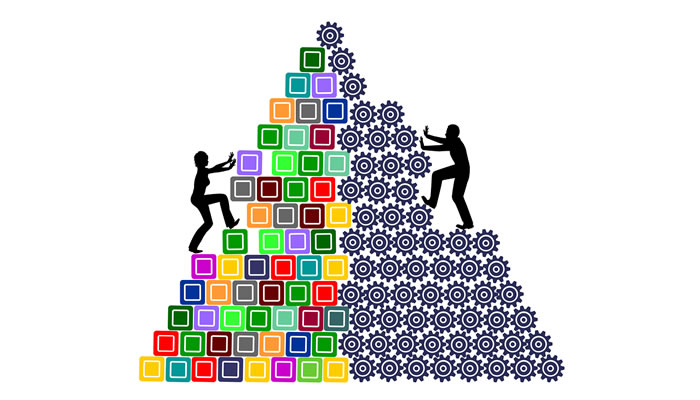A few months ago I had lunch with a group of senior HR professionals and we discussed the idea of Talent Management. One of the most striking insights to emerge from that conversation was the realisation that there is no unique, universal definition of Talent Management and that it means different things in different organisations and is conducted differently in different organisations.
(No, this isn’t an article about Talent Management, bear with me)
So I was musing on this during my journey home and I was reminded of lots of other words and titles that mean different things to different people.
Coaching
Mentoring
Teamwork or ‘being a team player’
Respect
Shall I go on?
Leadership
Communication
Working hard
Feedback
All of these are familiar, everyday words and phrases. We all think we know what they mean but the truth is we only really know what they mean to each of us personally. To another person they may mean something subtly different or something wildly different. The only thing you can reasonably expect is that they mean something different.
This obviously creates the potential for a lot of misunderstanding, wasted effort and frustration. Indeed, in many organisations it’s not just the potential that is created!
How many times have you worked on a task for someone else, clear in your own mind about what was required, only to find that the other person had something entirely different in mind?
The key to unlocking this is to go into more detail. But not just any detail. Specifically, what you need are the complex equivalences.
Complex equivalence is the technical name for the relationship between a sensory experience and the linguistic label (name) we give it. Complex equivalences are not exclusive so the same name may be given to two different sensory experiences AND the same experience may be given more than one label.
Imagine your slightly maverick colleague, at the end of presenting his latest plans, looks around the room and smiles broadly. (That’s the sensory experience, you see his smile). Maybe you think, “He looks pleased with the response to his ideas” (that’s your label for what you see) and at the same moment your boss looks at your colleague and says, “I know that smile; you’re up to something!” (Your boss has a completely different label for that smile).
In the same way, I would say I’m not really a team player. I prefer to work on my own, I like to figure things out for myself and I enjoy peace and quiet in my office. Of course, I have a team I work with for some of the time, but I tend to be leading the team and providing the direction.
That’s what I mean when I say “I’m not really a team player”.
By contrast, I was in conversation with a client about a member of her team and she remarked, “He’s not really a team player”.
“Is that a problem?” I asked
“Of course it’s a problem. We have no room here for people who withhold information from their colleagues and take every opportunity to steal the credit for the team’s success!”
That’s a totally different complex equivalence on what ‘not really a team player’ means.
Respect. That’s an interesting one. Take a moment and ask yourself, “What would someone do, that I could see or hear or feel, that would let me know they have respect for me?”
Or the opposite, “What would someone do, that I could see or hear or feel that would make me think they did not respect me?”
Even better, ask your friends and colleagues. Be prepared to listen and be interested and to refrain from judging their responses, because I promise you, there’ll be some surprises.
Now, back to the task you’re working on for a colleague or senior stakeholder. Are you really sure you know what they want or are you supplying your own complex equivalences to their labels? Here are some useful ways to check:
“It would be easy for me to assume I know what you mean by ‘_______’, but just to absolutely clear, would you describe to me what that might look/sound like?”
“______ is a somewhat subjective thing. Would you tell me how you think it applies in this particular situation?”
“I know that word can be used to mean a wide range of things. Would you tell me a bit more about what it means to you?”
…and so on. I’m sure you can create your own. The final thig to be aware of, is that these complex equivalences are often buried deep down, out of conscious awareness. Most people don’t think about them – that’s what the label if for – to save us having to ralt a long list of sensory experiences. So when you ask a question like those above, you’re asking a lot. You need to be respectful (what does THAT mean?), patient and interested. Above all, you need to be willing to accept that the answer you get may be something totally different to your own opinion.
Remember: Different is not a complex equivalence for wrong.






